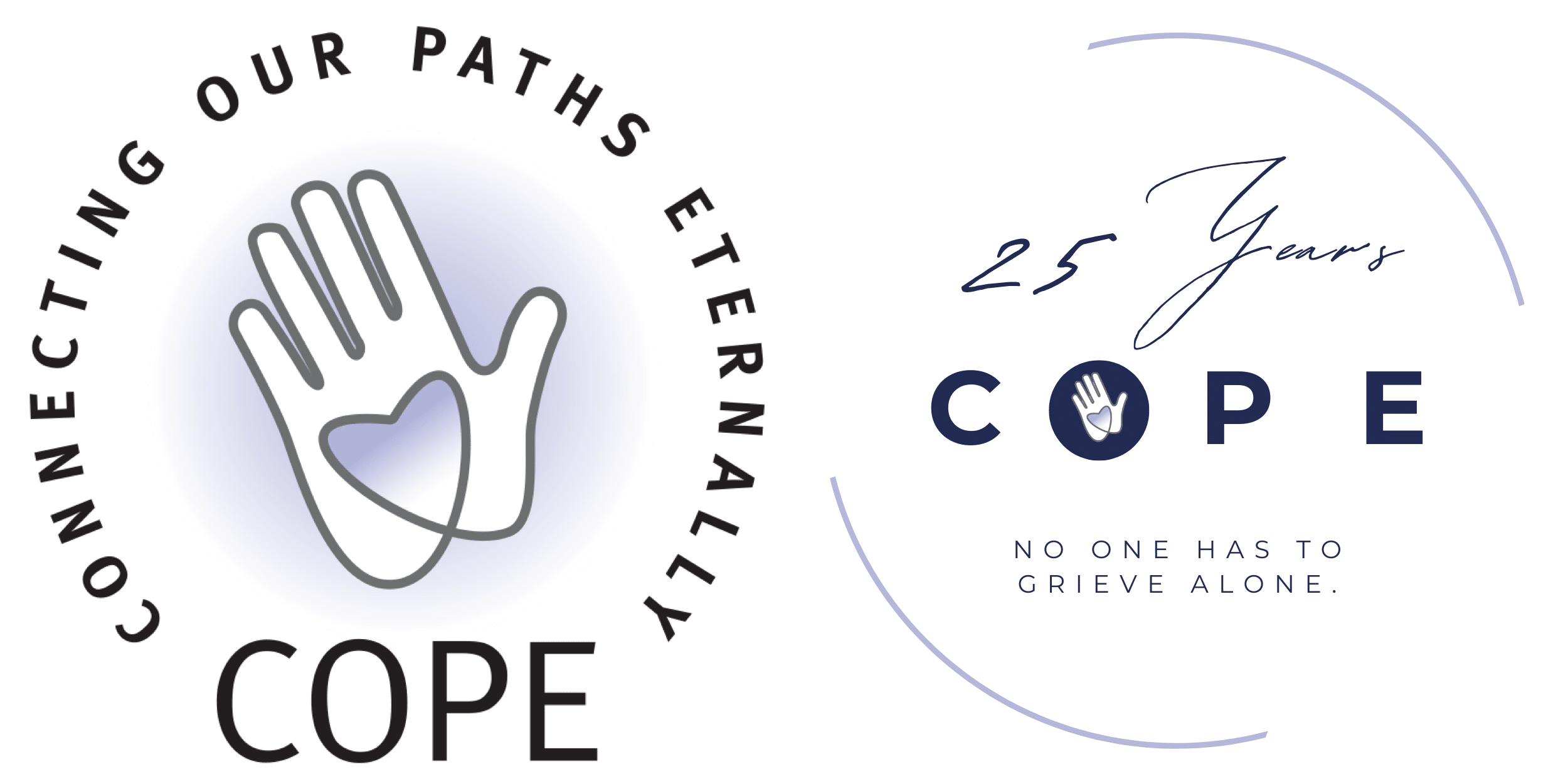The start of spring is considered a time of renewal and revitalization as mindsets reflect the changes happening in nature. New blooms, warming weather, longer daylight hours can positively impact feelings of hope. However, for many grievers, the freshness of Spring can bring mixed feelings as they consider moving through grief without the person who died. Spring has its own holidays and special days like Ramadan, Passover and Easter, where annual traditions are experienced and family and friends come together.
As you move through this season and beyond, here are a few helpful reminders using SPRING as an acrostic:
Set your boundaries. The springtime can lead to many invitations for meet ups, parties and other social situations. It can be difficult to turn down invites or navigate discomfort when around friends, family, coworkers, etc. Remember you can turn down a request to meet-up if not ready. Seek out the spaces and people that let you express your grief safely and most authentically.
Prioritize your mental health. Search what for makes you happy during this season. Whether its walks in the park, going to a concert or watching a film. Often grievers feel that they are constantly prioritizing the needs of others over themselves. It’s important to carve out time where you can attend to a variety of your needs.
Rest. Resting should not be a luxury. Although it can be quite difficult to sleep earlier in one’s grief journey, try when able to practice good sleep hygiene. Stopping the use of social media before bed, drinking calming tea or going through a meditation ritual, can help your body recognize that its time for rest. Resting also means taking a pause from whatever the hustle looks like for you. Give your body and mind time to recharge.
Internal check-ins. Grief is full of ups and downs, like the waves of the sea. You may be feeling particular good one day or one hour, then experience a grief burst. It’s always good to take stock of what you need during and after a grief burst. Perhaps you’re ready to continue with a task, or you may need to stop and process what you’re experiencing.
Nutrition matters. It can be hard to keep our bodies running on good fuel, especially if emotionally eating. For example, foods high in sugars eventually lead to a glucose decrease, leading to decline in energy levels. Grievers can already find it difficult to do their daily tasks due to fluctuating energy. When possible, give your body the meals that increase vigor.
Go at your pace. Grief is not a sprint. The griever can be their toughest critic, with an internal voice that says things like ‘you should be over grief by now’. Take your time in this journey, doing what is right for you. Contrary to messages we may receive internally or from society, there is no rush to stop grief.
Wishing you a peaceful season!
Rashida Sanchez, MA, LMSW, FT

